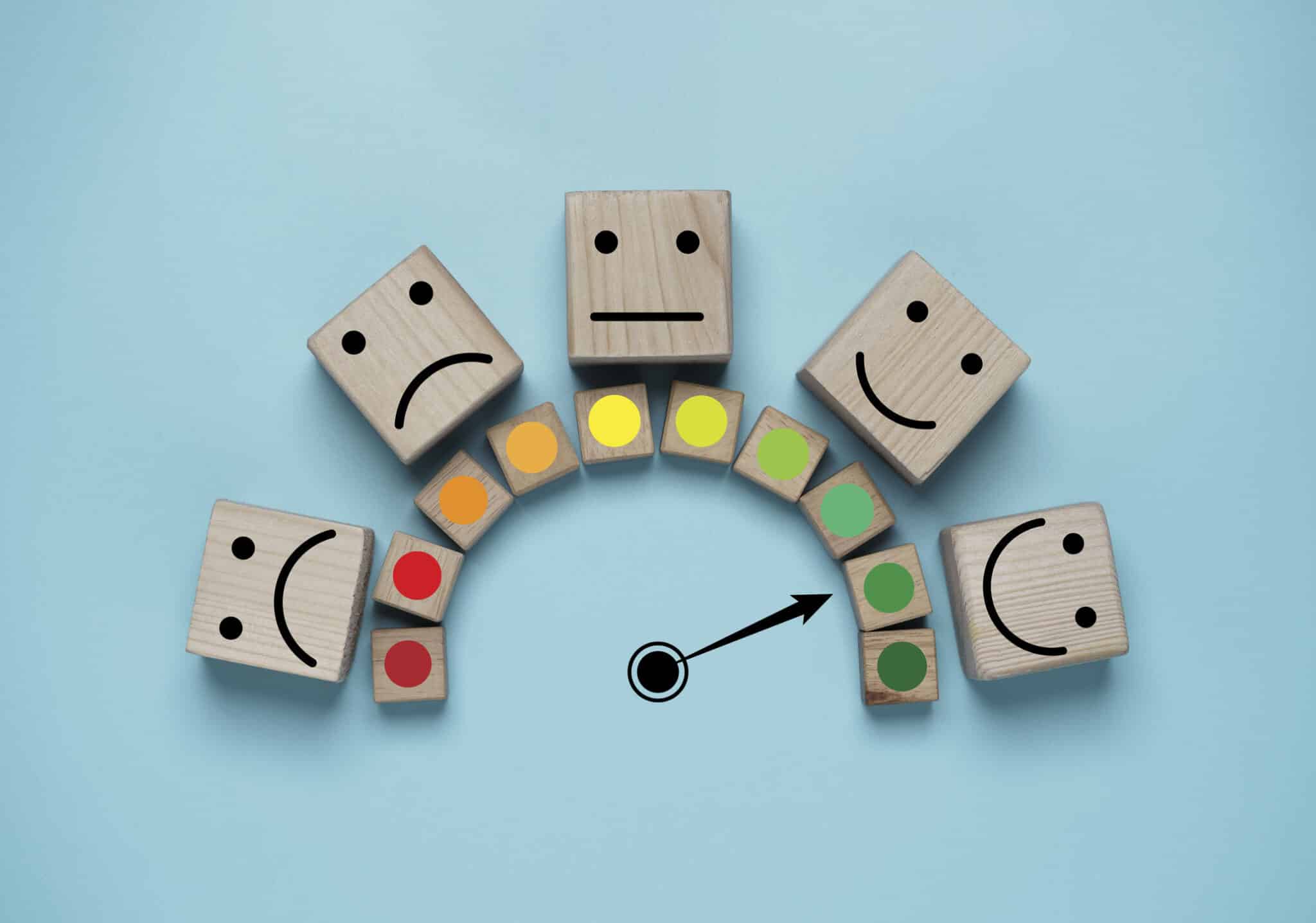 Dilok Klaisataporn/Getty Images
Dilok Klaisataporn/Getty Images My friend Sheila Katz, who runs The National Council of Jewish Women (NCJW), said something the other day that I can’t get out of my head.
She was reacting to the decision of a fellow progressive organization to resign from the Conference of Presidents of Major American Jewish Organizations, an umbrella group that aims to provide a unified voice for dozens of Jewish groups.
“I respect their decision,” she told JNS. She added that she “wouldn’t be upset” if the conference was more vocal about “broader issues of democracy in the U.S. and Israel,” but understands the conference’s purpose to be creating “the broadest tent possible.”
“It’s not meant to make us happy,” she said. “It’s meant to make us happy enough.”
Those are the words that stuck with me—happy enough. Katz acknowledged that she wasn’t getting everything she wanted, but that was not so bad to make her want to leave the group. She was happy enough.
As I reflected on those words, it struck me that “happy enough” tends to bring out our humanity. We recognize the reality that other people and groups have different views and agendas. We push for our agendas and truths, yes, but we don’t push so hard that it makes us want to break away.
“Happy,” on the other hand, feels more finite. We’re either happy or we’re not. We tend to go for all the marbles trying to reach that finite, elusive point. Aiming so high, however, encourages neither compromise nor gratitude.
Much of modern life sucks us into a “happy” trap. Are we happy? Are we doing everything it takes to be happy? It’s even enshrined in our Declaration of Independence—the pursuit of happiness, the implication being that we should never be satisfied until we reach that sublime state.
The catch with this fervent pursuit of happiness is that it can make us ripe for disappointment. The very notion of being consistently happy feels delusional. Our days are filled with moments that bring us frustration, outrage and melancholy. If we judge these moments by the standard of happiness, we’re bound to see them as failures.
That sense of failure is less likely to flare up when our standard is “happy enough.” Happy enough, by definition, allows for stumbles, mistakes, even tragedies. Our expectations are aligned with reality, so we’re better able to handle the inevitable dips of life.
Aiming for happy enough is especially important in our relationships. If we don’t need to push for everything we want, we become better listeners. We embrace other truths, other needs, other agendas, enabling us to practice the healing art of compromise. By not aiming so high to satisfy our own desires, we end up elevating the happiness of others, and, in the end, it’s the relationship that wins.
This also holds true in communal life. So much of the dissension in the Jewish world is rooted in the inability or unwillingness to give an inch, as if compromise itself is a sign of weakness. In truth, it’s a sign of strength and even success. When people compromise, it’s the community that wins.
In the Garden of Eden, God told Adam, “You may enjoy the delicious fruit of all trees here, except for one.” Aiming a little too high, Adam chose the forbidden fruit. He hadn’t yet learned the lesson of gratitude– enjoying the gifts that God has given us. He wouldn’t compromise on his appetites.
It’s true that we should all have red lines that we never cross. But those sacred boundaries should be special and rare, because the fewer there are, the more they will be respected. Aiming for happy enough allows us that space to occasionally put our foot down.
With the days of Elul upon us and Rosh Hashanah around the corner, we get to look back and reflect on our actions of the past year. We might want to consider our approach to happiness. Did we aim too high for our own happiness? Did it come at the expense of others? Were there times when “happy enough” would have been more than enough?
Maybe one of the lessons from my friend Sheila Katz is that when it comes to happiness, the modest “happy enough” is often the wise course. But when it comes to things like goodness and kindness, it’s perfectly OK to go all the way.























 More news and opinions than at a Shabbat dinner, right in your inbox.
More news and opinions than at a Shabbat dinner, right in your inbox.